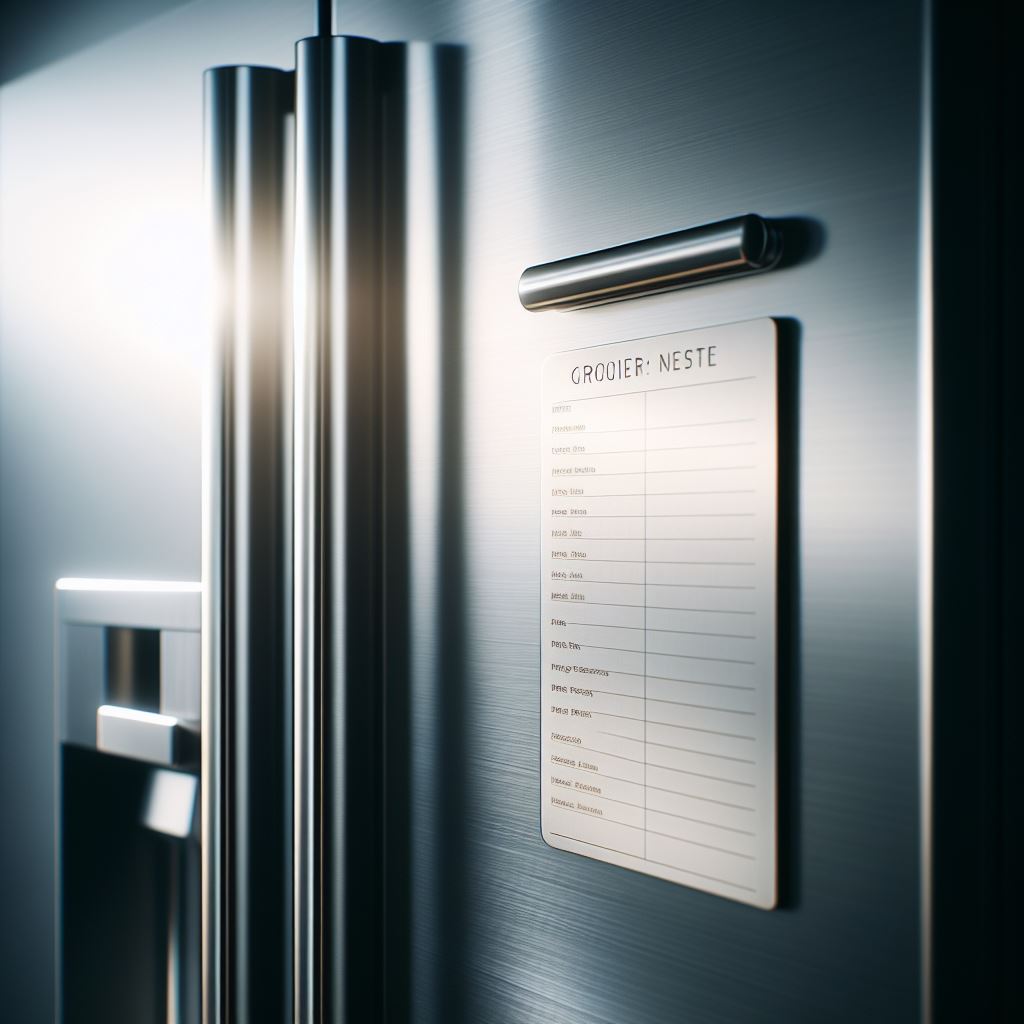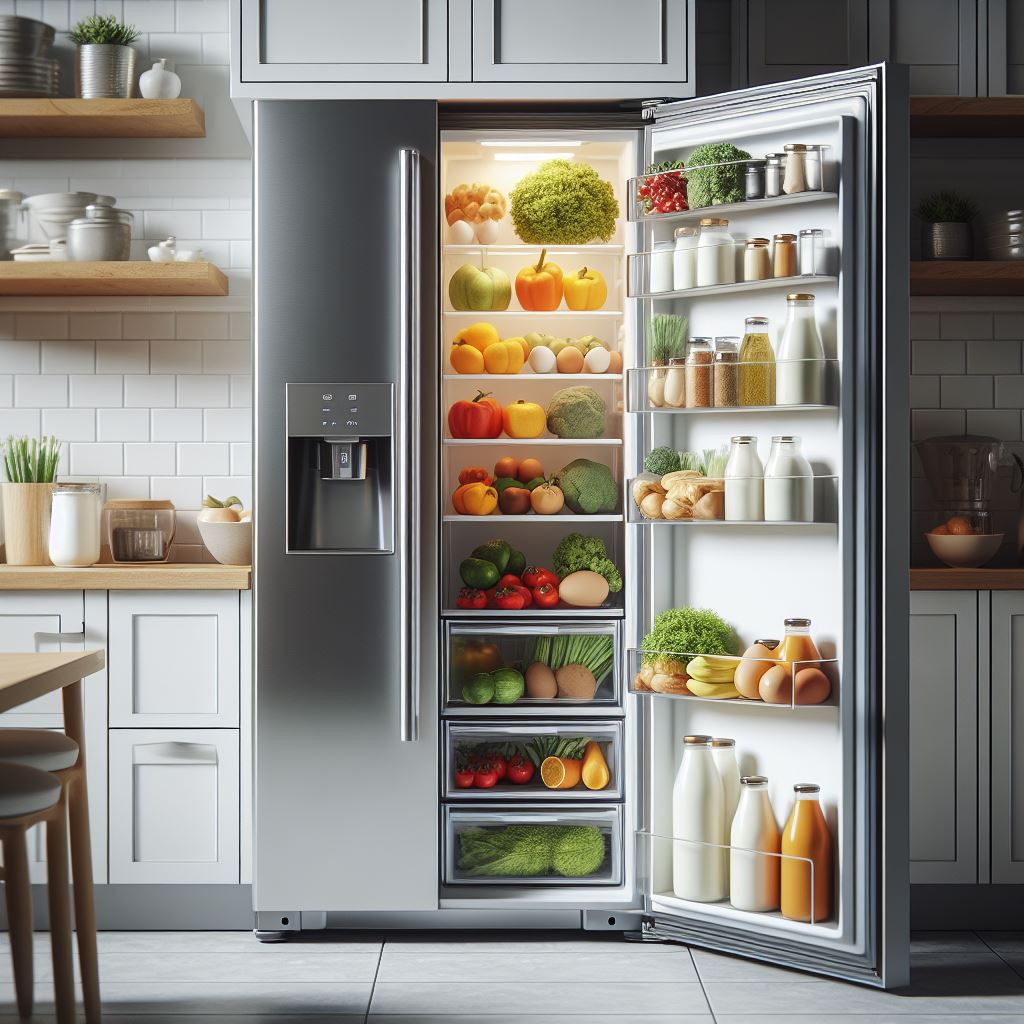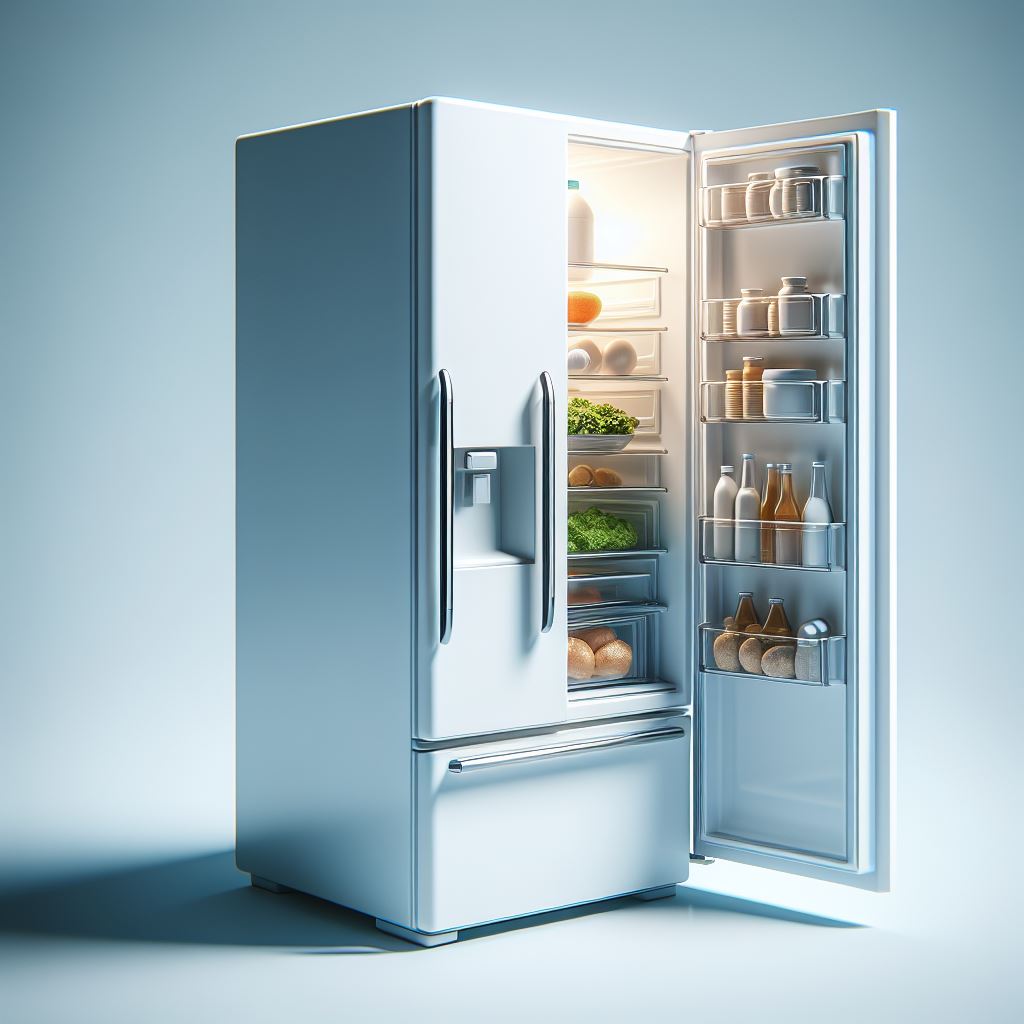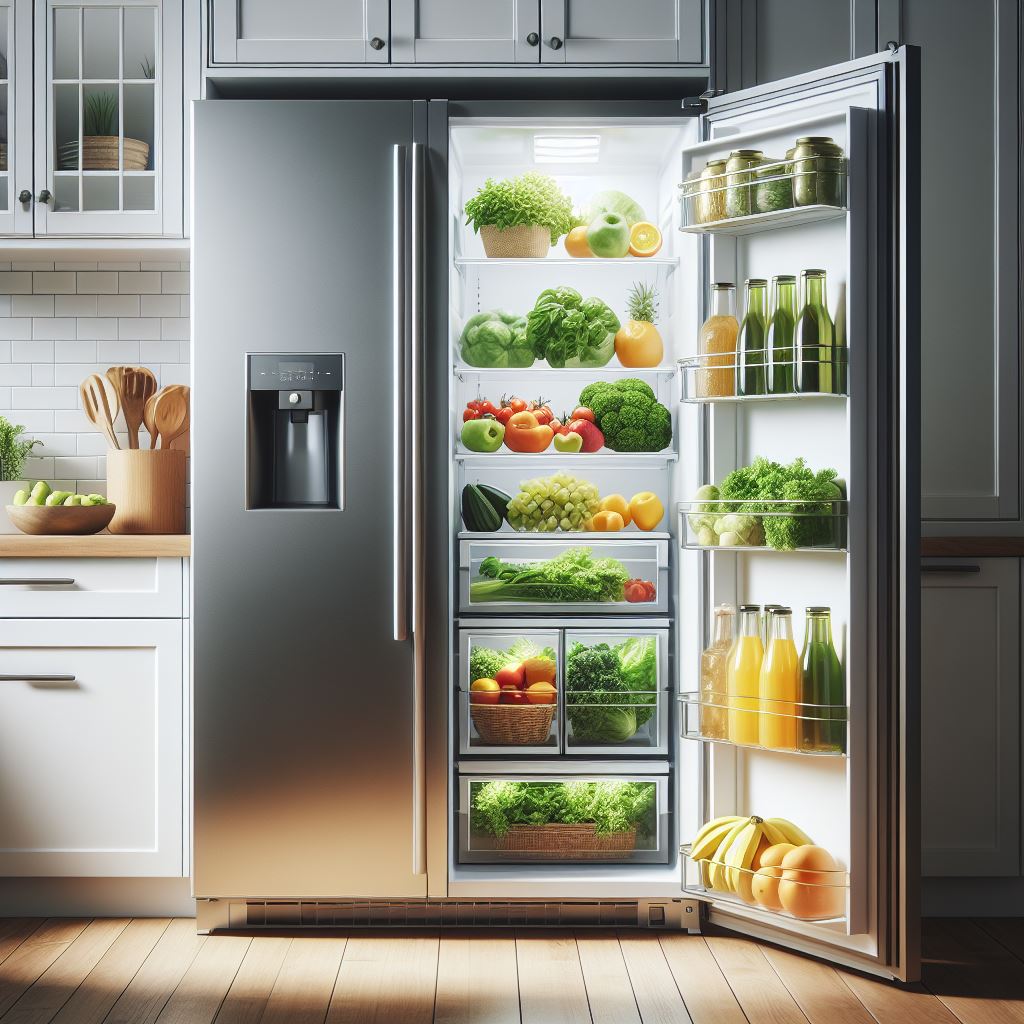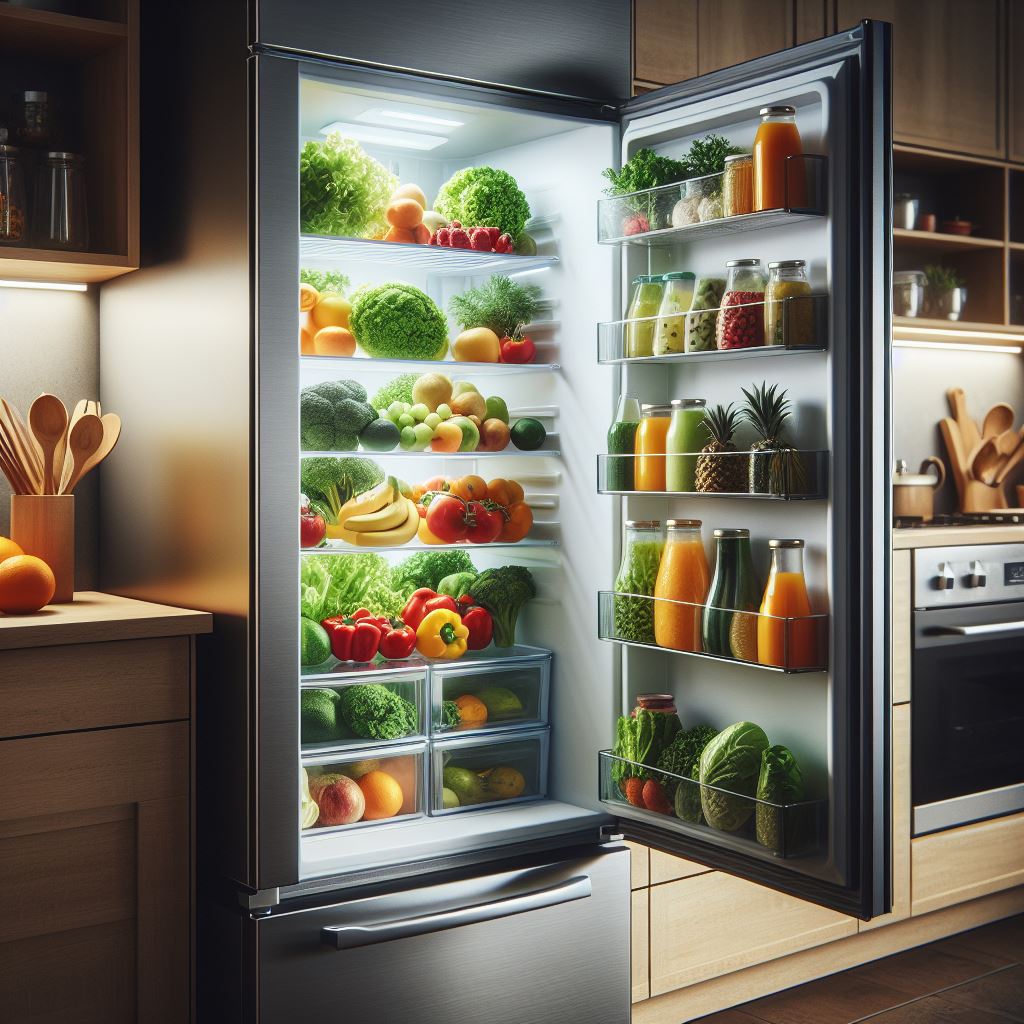Have you ever wondered how much power your refrigerator needs to keep your food cold and fresh? Well, look no further! In this guide, we will break down the watts that a typical refrigerator consumes and help you better understand the energy requirements of this essential kitchen appliance. Let’s dive in and uncover the secrets behind the energy consumption of your fridge!
When it comes to household appliances, refrigerators are one of the biggest energy consumers. It’s crucial to know how many watts a refrigerator needs to effectively manage your energy usage and keep your electricity bills under control.
On average, a refrigerator typically requires around 100 to 200 watts of power to function. However, this can vary depending on the size and model of the refrigerator. Larger refrigerators with additional features like ice makers or water dispensers may need more watts to run efficiently.
Aside from size and features, the energy efficiency rating of the refrigerator also plays a significant role in determining its power requirements. Energy Star certified refrigerators are designed to be more energy efficient, meaning they consume less power compared to non-certified models.
To calculate the energy consumption of your refrigerator, you can use the formula: (Watts x Hours Used Per Day) / 1000 = kWh per day. For example, if your refrigerator uses 150 watts and runs for 10 hours per day, the calculation would be (150 x 10) / 1000 = 1.5 kWh per day.
Monitoring the energy consumption of your refrigerator allows you to make adjustments to reduce your electricity usage and save money on your utility bills. Simple steps like maintaining the refrigerator well, ensuring proper ventilation around the appliance, and setting the temperature to the recommended level can all contribute to improved energy efficiency.
In conclusion, understanding the power requirements of your refrigerator is essential for managing your household energy usage. By being mindful of how many watts your refrigerator needs and taking steps to enhance energy efficiency, you can lower your electricity bills and lessen your environmental impact. Save energy, save money, and help the planet by optimizing your refrigerator’s power consumption.
Q: How many watts does a typical refrigerator need?
A: A typical refrigerator requires around 100-200 watts to operate.
Q: Does the wattage of a refrigerator vary based on its size?
A: Yes, larger refrigerators tend to require more watts to operate efficiently.
Q: Can using energy-saving features on a refrigerator help reduce its wattage usage?
A: Yes, energy-saving features like LED lighting and automatic defrost can help lower the overall wattage usage of a refrigerator.


